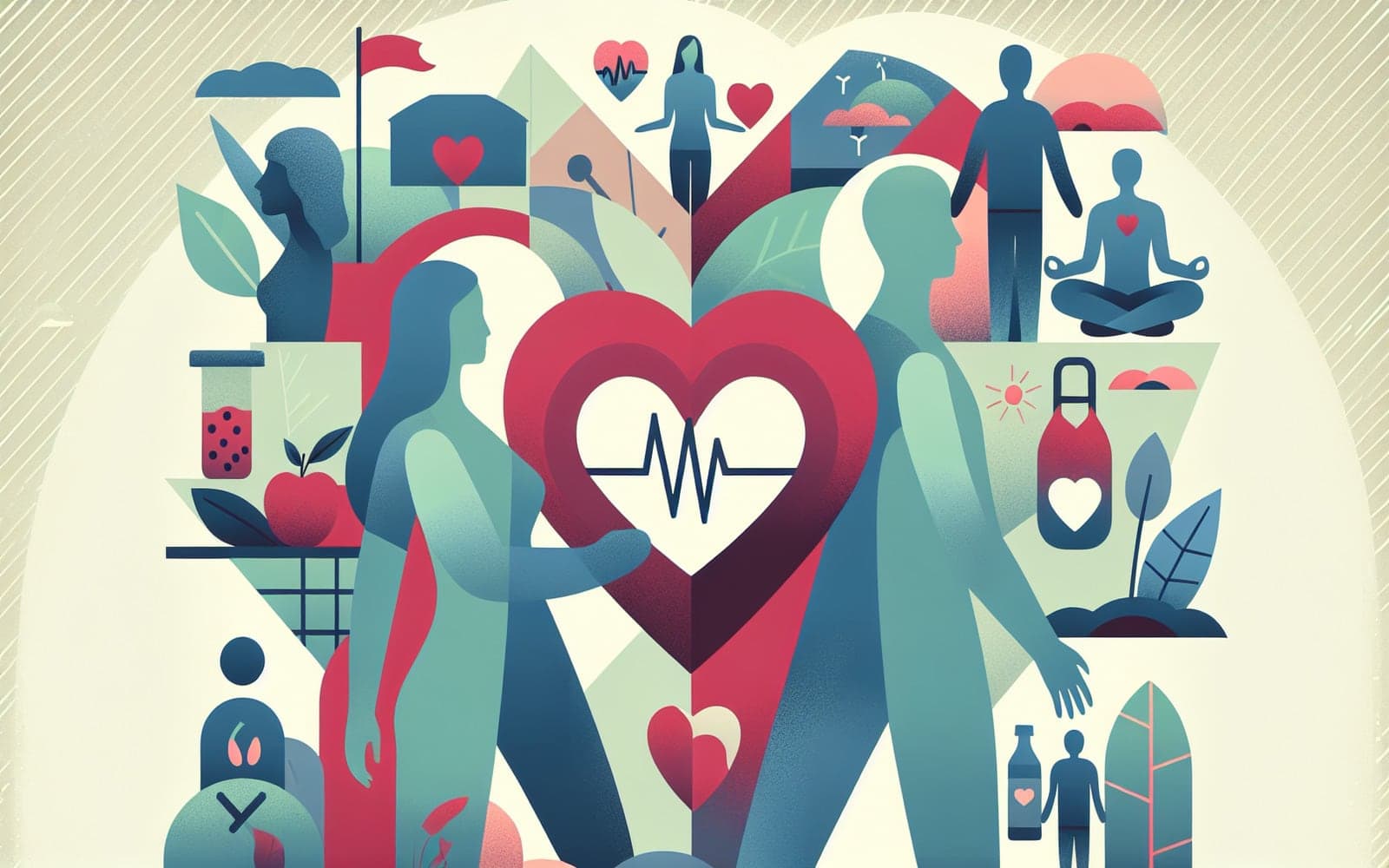Could Your Lifestyle Be Causing Those Heart Palpitations?
Published: Jun 07, 2024

Medically reviewed by Becky Powers | MD, The University of Texas Medical School - Houston, Texas on June 7th, 2024.
Your daily habits could be the trigger behind those unsettling heart flutters. Learn about the lifestyle factors that contribute to palpitations and how you can manage them.
Contents
Substance Use and Palpitations
Substances like caffeine, alcohol, and nicotine are known to cause heart palpitations. While moderate consumption may be harmless, excessive use can lead to irregular heartbeats. Recognizing these triggers is vital to managing palpitations effectively.
Stress and Emotional Factors
Stress and emotional distress are significant contributors to palpitations. Anxiety and panic disorders often manifest as heart flutters, making it crucial to address psychological wellbeing as part of managing palpitations. Learning stress management techniques can greatly reduce symptoms.

Medications and Other Triggers
Certain medications, particularly stimulants, can induce palpitations. It's important to discuss any new medications with your doctor. Additionally, physical exertion or sudden position changes can make palpitations more noticeable.
Frequently Asked Questions
Yes, especially in large amounts or sensitive individuals.
Stress can lead to anxiety-induced palpitations.
Some may cause palpitations; consult your doctor.
Key Takeaways
Lifestyle choices play a crucial role in heart health and managing palpitations.
Curious about managing palpitations through lifestyle changes? Consult Doctronic for personalized advice.Related Articles
References
Barsky AJ, Cleary PD, Coeytaux RR, Ruskin JN. The clinical course of palpitations in medical outpatients. Arch Intern Med 1995; 155:1782.
Lessmeier TJ, Gamperling D, Johnson-Liddon V, et al. Unrecognized paroxysmal supraventricular tachycardia. Potential for misdiagnosis as panic disorder. Arch Intern Med 1997; 157:537.
This article has been reviewed for accuracy by one of the licensed medical doctors working for Doctronic. Always discuss health information with your healthcare provider.

